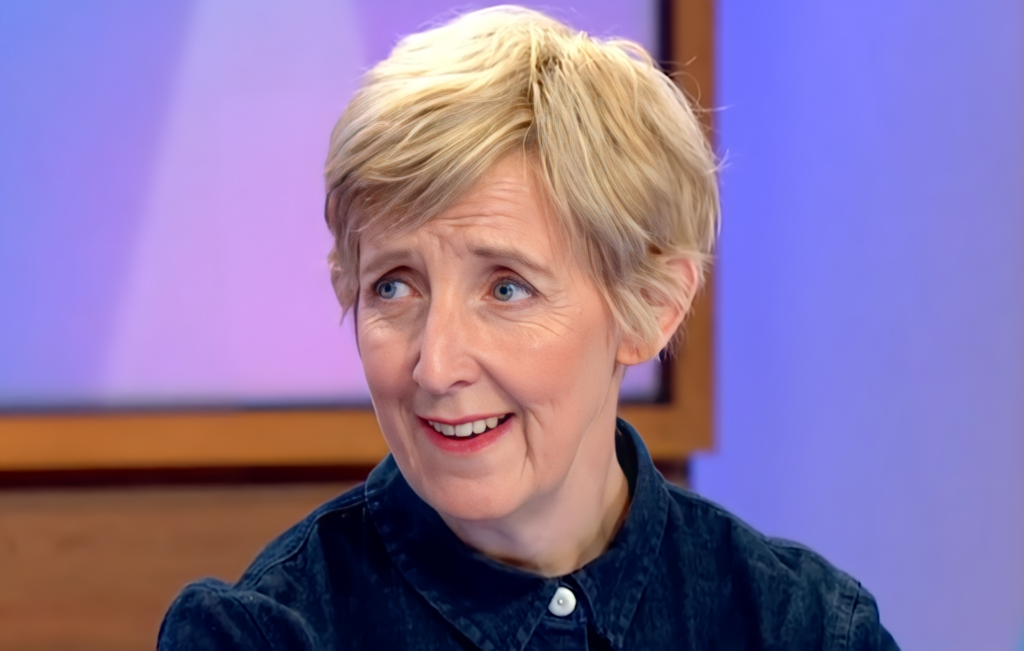Julie Hesmondhalgh is ‘proud’ of her trans character on Coronation Street
"As a cisgender person, I wouldn’t be able to play that part now so it’s kind of good that I left when I did."

The actress Julie Hesmondhalgh says she’s “proud” of her trans character, Hayley Cropper on Coronation Street.
Julie played Hayley, the first permanent trans character to appear on a British soap, on the ITV programme between 1998 and 2014.
Speaking on Lorraine programme on Thursday (17 November) Julie, who’s won six awards for playing Julie says she’s “proud” of the role given “the press were absolutely awful about those issues,” at the time.
She also notes: “As a cisgender person, I wouldn’t be able to play that part now so it’s kind of good that I left when I did,” adding, “There are so many good trans actors now.
“But I’m proud that I played that part.”
Speaking on Loose Women in 2020 about playing Hayley Julie said the character was originally intended to be the first of a number of “disastrous dates” that Roy Cropper (David Neilson) She said it was “absolutely” unthinkable that Roy would have thought he could never be with Hayley when the role was originated.
On audiences rooting for Hayley and Roy Julie told the panel: “People really wanted them to be together”. She recounts being in supermarkets and people asking her when Roy and Hayley would get married.
“I’d be like, we’re not allowed. It’s illegal. And they’d be like, ‘Never mind that!’ I always said, that’s the way to change the world. Just be in someone’s living room four times a week. It’s the way to get rid of prejudice.”
Last year Eddie Redmayne spoke about his role as Lili Elbe in the 2015 biopic The Danish Girl and said his casting had been, despite the “best intentions,” a “mistake”.
He added: “The bigger discussion about the frustrations around casting is because many people don’t have a chair at the table. There must be a levelling, otherwise we are going to carry on having these debates.”
